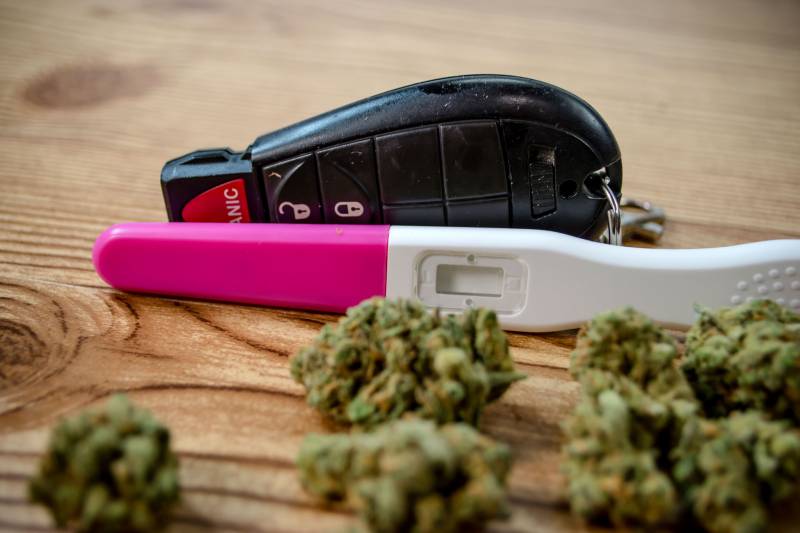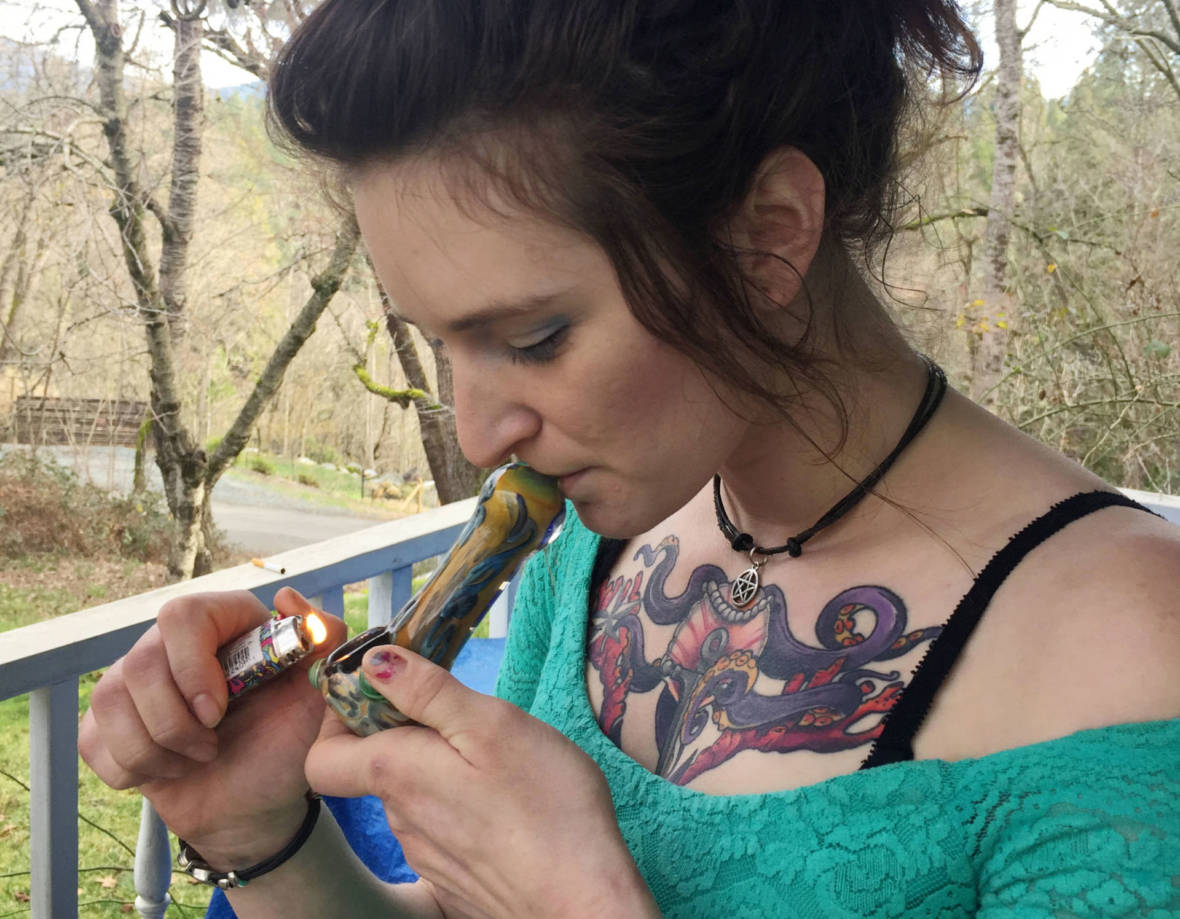Scientists appointed by Gov. Gavin Newsom voted on Wednesday to put both cannabis smoke and THC — the psychoactive compound in marijuana — on the state's list of "reproductive toxicants."
The panel of scientists with the California Office of Environmental Health Hazard Assessment (OEHHA) met in Sacramento to wrestle with the reliability and accuracy of dense research studies, and to consider whether to declare marijuana's potent, high-inducing chemical a health risk to pregnant women and require warnings for pot products legally sold in California.
Surveys have indicated that a rising number of mothers-to-be have turned to marijuana products for relief from morning sickness and headaches, though its effectiveness has not been backed by science.
The panel's finding means THC will now join hundreds of other chemicals judged to cause cancer or birth defects that California requires to carry warning labels, such as arsenic and lead.
But don't expect to see developmental toxicity warnings for expectant mothers on cannabis just yet.
"There is a one-year grace period before any warnings are required, and several things could happen in that one-year period," said Sam Delson, deputy director of OEHHA. "One, we can seek to determine a level of exposure that does not cause a significant health risk and therefore does not require warnings. We can also work to develop special warnings that address the unique characteristics of these substances and the specific health effects."

